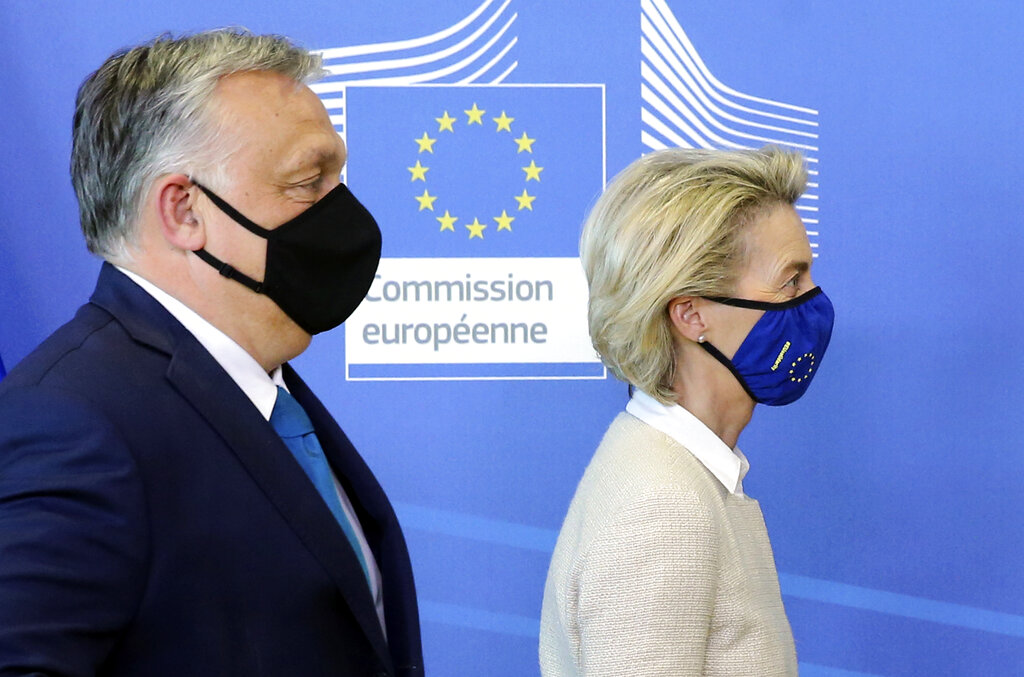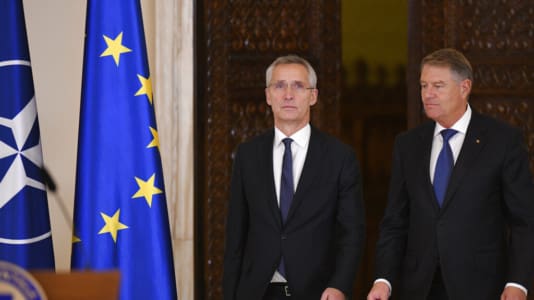In a departure from convention, European Commission President Ursula von der Leyen will not personally travel to Budapest to announce the adoption of the Hungarian recovery plan on Wednesday, a Commission spokesman said on Tuesday, without giving an explanation for the cancellation of the trip.
Commission spokesman Eric Mamer refused to elaborate as to why the trip was canceled, saying only that von der Leyen was not obliged to make the announcement in person, despite the fact that the commission chief has so far visited every country to make a personal announcement where EU funding is concerned.
A year and a half ago, in July 2021, she had already booked a flight to Budapest, but the trip was canceled after the Hungarian parliament passed a child protection law that Brussels claimed severely discriminates against sexual minorities.
The fate of Hungary’s recovery plan then became entwined with the rule-of-law sanctions mechanism that has since been launched, and after a series of pitfalls, Hungary will be the last member state to get the green light from the European Commission on Wednesday. At a forthcoming meeting of finance ministers, but before Dec. 19, member states will then have to approve the Hungarian plan, which could pave the way for €5.8 billion in grant aid should Hungary meet all of the many conditions.
According to Radio Free Europe, von der Leyen’s entourage was holding off on the trip until the last minute, suggesting that Brussels was also mulling over the right approach. In the end, the EU appears to have decided that such a trip would not have looked good from a PR point of view, especially if the president of the Commission had “celebrated” the availability of the multi-billion EU funds in the company of the Hungarian leader, who has been criticized by European liberals for what they claim to be illiberal policies and systemic corruption.
The approval of the Hungarian recovery plan is likely to draw criticism from the European Parliament in particular, as the European Commission is set to publish on Wednesday a negative assessment of Hungary’s performance in fulfilling measures to stop the rule-of-law sanctions mechanism launched in April against it and avoid the blocking of €7.5 billion in cohesion policy funds.
Given that Brussels itself admittedly does not believe that EU budget money is in safe hands in Hungary, it might be asked why it is approving the recovery plan. However, the Commission argues that the EU accepting the plan does not mean payments will be made, and Hungary would have to meet no fewer than 27 tough conditions by March 31, 2023, in order to receive the first installment.





